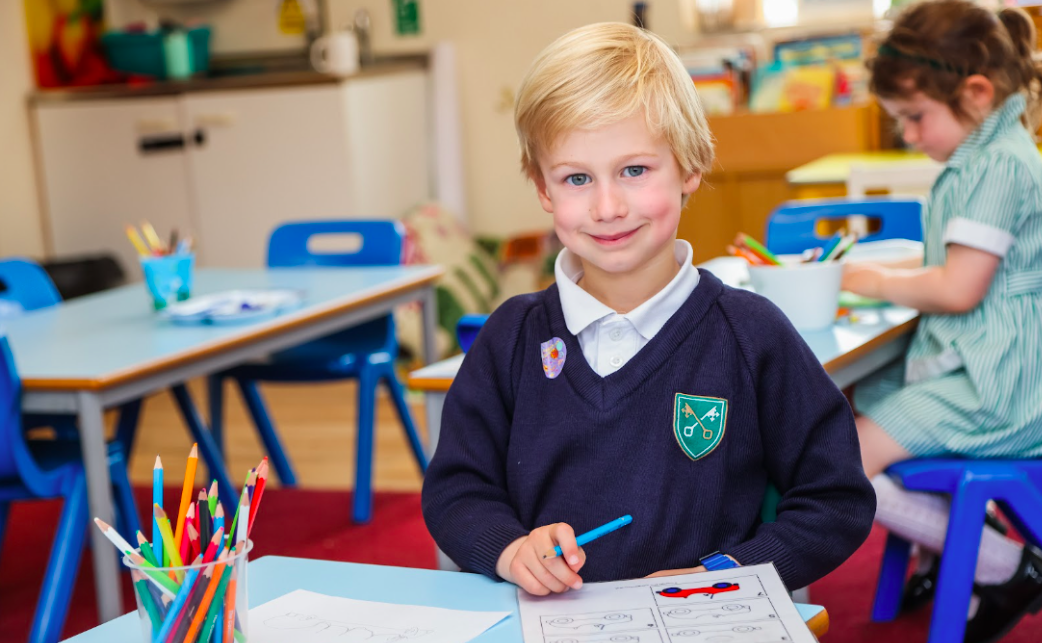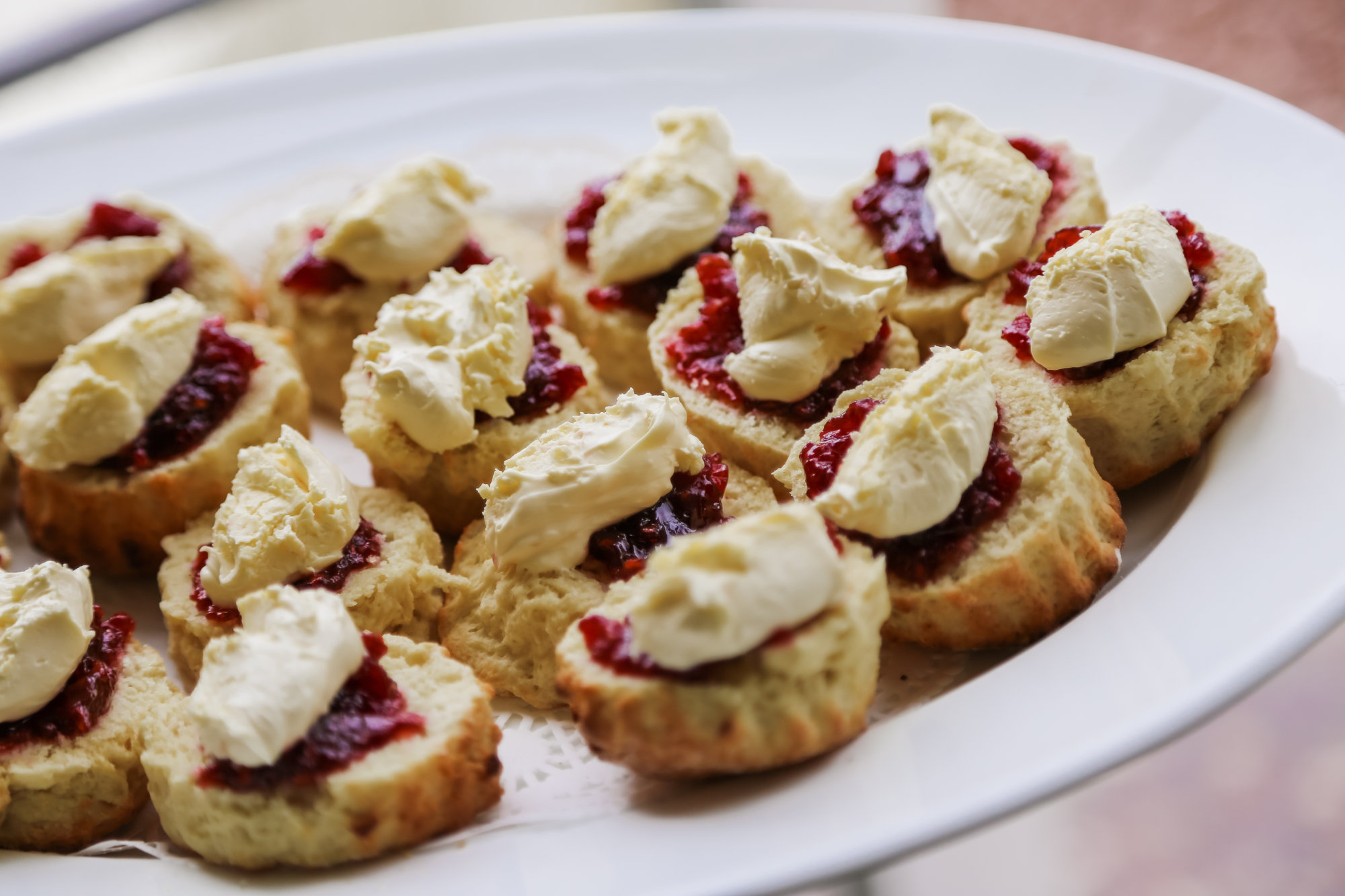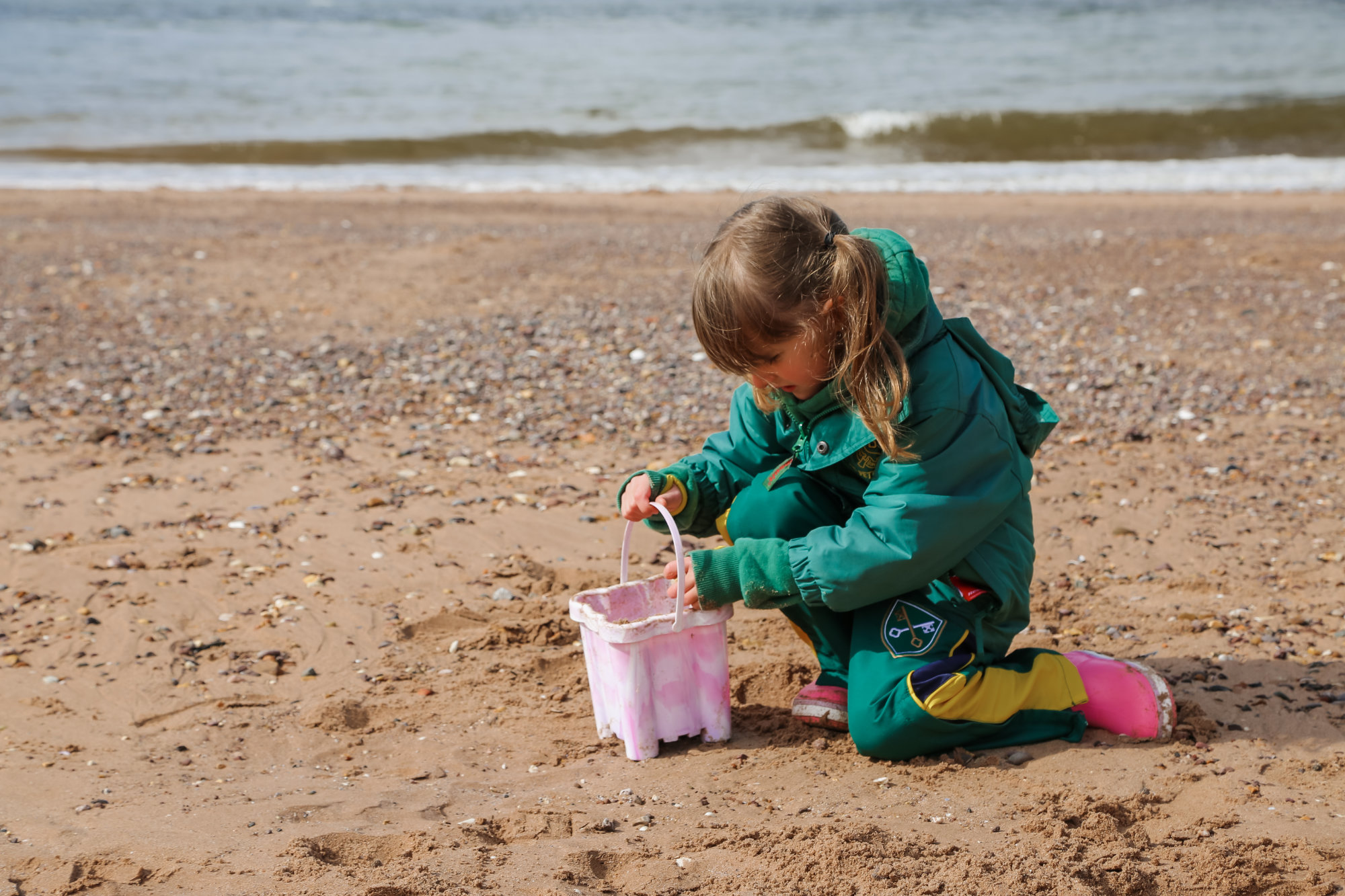Holidays ensure children can relax, reset, and simply enjoy a well-deserved break from all the schoolwork they’ve been working hard towards. However, it’s important to remember that extended breaks from school can often prevent children from continuing to learn, and they forget some of what they’ve learned during the school year.
At our Devon private school, St Peter’s Prep, we believe the holidays can provide an excellent opportunity for children to explore new subjects, reinforce their knowledge, and inspire curiosity. We understand the significance of maintaining your child’s intellectual, physical, and emotional growth.
In this guide, we consider the various ways in which you can keep your child’s mind active for a restful, yet productive, break; whether it’s the festive Christmas period, summer or Easter holidays, or half-term break, our tips will help keep your child actively learning whilst having fun.
1. Encourage Reading
Reading is a highly effective way to keep your child’s mind active during the holidays and offers numerous benefits. You can encourage daily reading, making it fun by exploring different genres your child will enjoy and choosing books that they find engaging, whether that be novels, non-fiction, or fiction books.
Regular reading can help stimulate your child’s critical thinking and problem-solving skills as they encounter new ideas and concepts within a book, encouraging them to interpret and analyse what they’re reading.
That’s not all, as reading can contribute to vocabulary growth by exposing children to a range of new words and phrases, which is particularly valuable for their academics and everyday communication.

2. Writing
Reading is closely tied to writing and often goes hand in hand. Writing is another excellent way to encourage critical thinking as children learn to organise their thoughts and feelings towards a particular subject. Writing allows children to explore their imagination and creativity, fostering a sense of wonder and curiosity.
To encourage writing during the holidays, ensure your child can access pens, pencils, paper and perhaps a computer if they’re interested in typing. Sometimes, especially during the holidays, children may need prompts to get inspired. Remember, the goal is to make writing fun and enjoyable, so suggesting topics related to their interests and hobbies could be the little spark of inspiration they need to get going. You could also set little writing challenges or contests, motivating your child to write.
Writing about their experiences can help to reinforce their memory and strengthen their ability to retain information better. It also provides an opportunity for self-reflection, helping children to understand themselves and their emotions better whilst building on their literacy and language skills.
3. Physically Activity
Staying active is essential for overall wellbeing, including a child’s physical and mental health, and holds just as much importance as academic tasks. If your child is passionate about a particular sport, why not get them involved in a local club? Joining the local cricket team, sailing, or swimming club could be an excellent way for them to make new friends and build on their social skills while physically active.
Outdoor games are another great way to get your child moving. Activities like football, frisbee on the beach, or tag with their friends all encourage physical activity. Go on family walks in nature and enjoy the outdoors, or for a family bike ride, which can be a fun and active way for your child to explore their surroundings.
4. Educational Games
Games can often be engaging for children, so this one shouldn’t take much persuasion. Just make sure that the games are educational and age-appropriate. Educational games make learning fun and engaging, and children are more likely to be motivated to explore and discover new concepts when presented in a game format.
These games could focus on subjects like maths, science, language, geography, or other topics they’re passionate about. Games present challenges, and puzzles require critical thinking. While educational games come in different formats; like board games, cards, or a digital screen, limiting the amount of screen time your child has to ensure a well-rounded childhood experience is essential.
5. Cooking and Baking
Cooking and baking are wonderful activities to do with your children, offering numerous educational and development benefits. Measuring ingredients and understanding quantities can help children enhance their maths skills, whilst baking involves various scientific principles, like temperature changes and the transformation of ingredients. Children can learn about these concepts through hands-on experience.

Recipes allow children to follow instructions, prompting reading whilst allowing them to be creative and gain valuable life skills. Getting your child involved in cooking will enable them to become aware of the nutritional value of foods and understand the different foods they eat.
Why not guide your child (whilst supervising) in helping you make some Christmas desserts, Easter cookies, or summer ice lollies? Cooking and baking engage all senses: sight, smell, taste, touch and hearing. Plus, it’s a fun, collaborative activity that can also boost a child’s self-esteem and confidence, all working to keep your child’s mind active and encourage development.
6. Outdoor Adventures and Trips
Outdoor adventures can provide children with opportunities for learning, personal growth, and physical activity. Outdoor trips allow children to explore and connect with nature, as they can observe wildlife and learn about plants and ecosystems, contributing to their appreciation of the environment. Spending time outside in natural settings provides fresh air and sunlight exposure- which is essential for overall wellbeing.
You could plan a beach day and spend time in the sea, plan a zoo trip, bike ride to the local park, and more. Outdoor activities and trips out allow children to learn about the world around them, develop life skills, and create lasting memories.
7. Get Creative
Getting creative allows children to explore their creative side and imagination while encouraging them to express themselves – boosting your child’s confidence and building a positive overall wellbeing. You could encourage your child to get creative through art, like painting, drawing, or creating a masterpiece with a range of art supplies. You could encourage them to make some artwork around their recent trip to the beach or zoo to motivate them.
Art can be a performance, too, so why not get them involved in your local drama class if they’re passionate about performing? They could put on a Christmas play at home or take lessons to learn a new musical instrument. Creativity has no bounds, so it can be beneficial to understand what your child is creative about and lean towards that.
The holidays can be a fantastic time for children to explore their interests and add to their learning and personal growth. By implementing our tips, you can ensure your child’s mind remains active and engaged throughout their break – all while creating a healthy balance of relaxing and learning.












